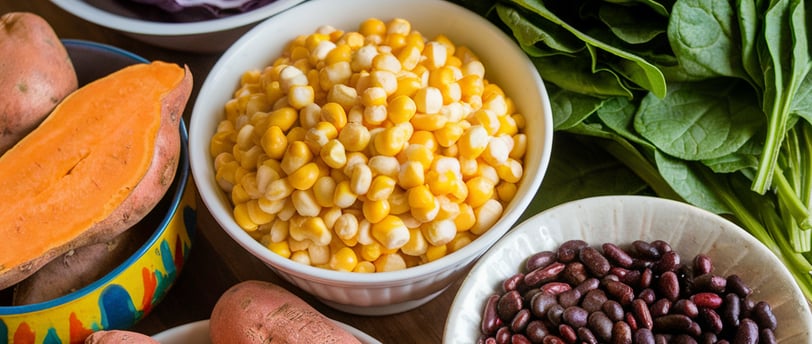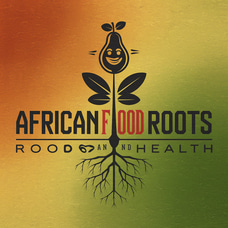5 African Superfoods That Belong in Every Wellness Routine
Discover 5 powerful African superfoods—Moringa, Baobab, Hibiscus, Tiger Nuts, and Fonio—that can transform your wellness routine while reconnecting you to your roots. Learn their health benefits, how to use them daily, and how supporting these foods also empowers local African growers, protects ancestral wisdom, and builds a sustainable future. This is more than nutrition—it’s a movement.
4/19/20252 min read


5 African Superfoods That Belong in Every Wellness Routine
In the global search for natural health boosters, the answer has been close to home all along—Africa’s soil has birthed some of the world’s most powerful superfoods. Rich in nutrients, history, and healing potential, these ancestral ingredients are more than just trendy—they’re timeless.
Here are 5 African superfoods that deserve a spot in your daily wellness routine, whether you're in Lagos, London, or New York.
1. Moringa – The Miracle Tree
Often called “the tree of life”, moringa is packed with vitamins A, C, and E, along with calcium, iron, and protein. Every part—leaves, pods, seeds—is edible and medicinal.
Why It’s Powerful:
Fights inflammation
Balances blood sugar
Supports skin health
Boosts energy naturally
How to Use It:
Add moringa powder to smoothies, teas, or soups.
Brew fresh or dried moringa leaves as a daily detox tea.
2. Baobab – The Tree of Life
The baobab tree has been called Africa’s oldest pharmacy. Its fruit is a natural source of vitamin C, prebiotic fiber, and antioxidants. Tangy and slightly citrusy, it’s great for gut health and immunity.
Why It’s Powerful:
Supports digestion
Strengthens the immune system
Provides sustained energy
Great for skin & hair health
How to Use It:
Stir baobab powder into water, yogurt, juice, or porridge.
Use it in baking for a nutritional kick.
3. Hibiscus – Nature’s Blood Pressure Regulator
Known as “zobo” in Nigeria, “bissap” in Senegal, or “luwombo” in Uganda, hibiscus is more than a vibrant tea. It’s a natural diuretic, rich in vitamin C and polyphenols.
Why It’s Powerful:
Helps lower blood pressure
Supports liver health
Boosts metabolism
Rich in antioxidants
How to Use It:
Brew dried hibiscus petals into a refreshing hot or cold tea.
Add ginger or pineapple for an extra wellness punch.
4. Tiger Nuts – Ancient Fuel for Modern Times
Called “chufa” in parts of West Africa, tiger nuts are actually tubers, not nuts. Rich in fiber, healthy fats, and magnesium, they were once a staple snack in ancient Egypt.
Why It’s Powerful:
Promotes digestion
Helps regulate blood sugar
Good for libido and hormone balance
Dairy-free milk alternative
How to Use It:
Eat raw or roasted as a snack.
Soak and blend into tiger nut milk.
Add to cereal, smoothies, or baked goods.
5. Fonio – The Forgotten Ancient Grain
Fonio is a tiny grain with a mighty legacy—one of Africa’s oldest cultivated cereals. It cooks fast, is gluten-free, and is loaded with amino acids, iron, and B-vitamins.
Why It’s Powerful:
Supports metabolism and cell repair
Easy to digest
Great alternative to rice, couscous, or quinoa
Keeps you fuller longer
How to Use It:
Cook like rice or porridge.
Use in grain bowls, salads, or stir-fries.
Final Thoughts: Ancient Wisdom Meets Modern Wellness
These superfoods aren’t just nutritional powerhouses—they're part of a deeper story. They reflect the resilience, richness, and healing knowledge of African cultures passed down through generations.
Incorporating them into your routine isn’t just good for your body—it’s a reconnection to heritage, a statement of pride, and a way to support local growers and producers.
Try This: A Simple Wellness Ritual
Start your day with moringa tea, enjoy fonio porridge for breakfast, sip hibiscus in the afternoon, snack on tiger nuts, and add a spoon of baobab to your evening smoothie.
Your body—and your ancestors—will thank you.
